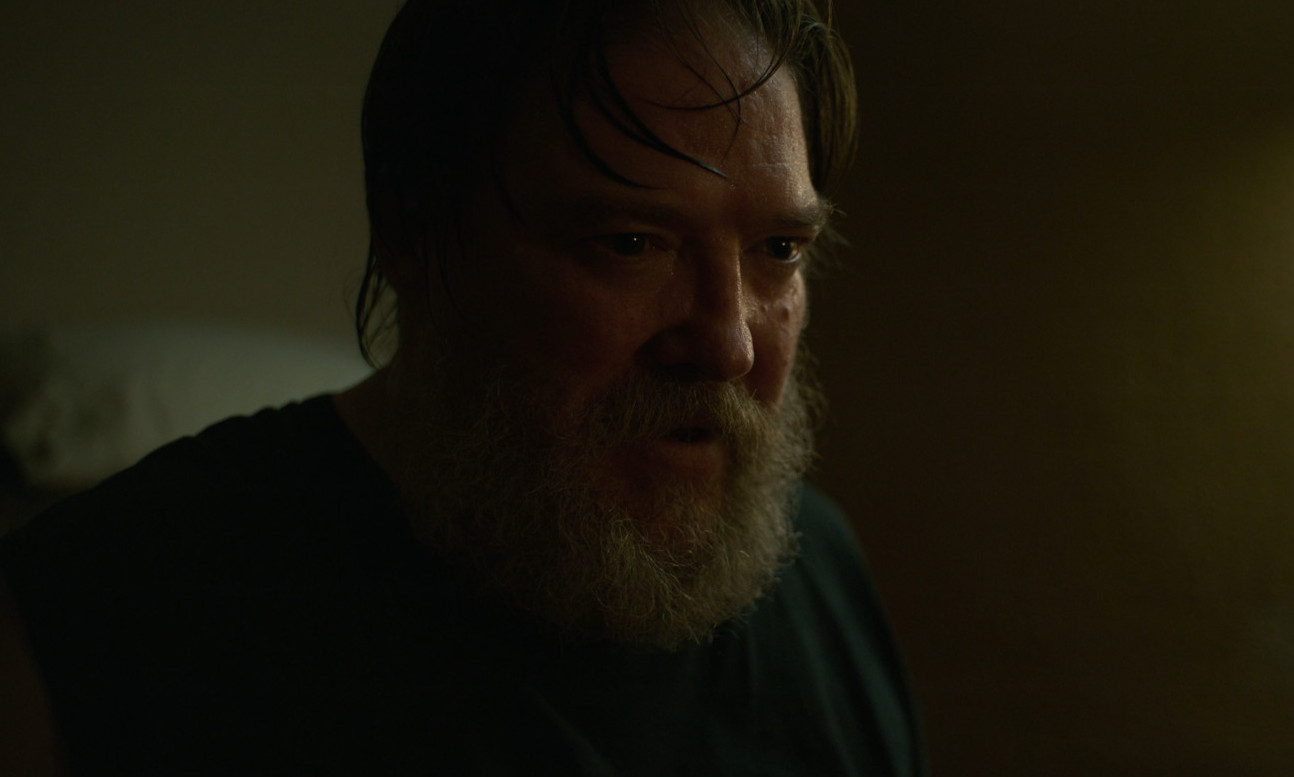Title: The Child
Author: Anthony Giardina
Description: Thomas, twenty-seven, an idealistic man who drives a milk truck, and his wife Leah, twenty-three, a first-year medical student, struggle to decide whether to have the baby which is growing inside of Leah or to abort it. They finally decide to have an abortion, mainly on Thomas’s insistence. In this monologue, Thomas discusses a recurring dream of his in which he meets the child that they going to name Tonio.
THOMAS: I keep having this dream.
Can I tell you this dream?
I know you must not like me much just now, but can I tell you this dream I keep having?
(Beat.)
We have a little boy, Leah.
You’re not in it.
Just me and this boy. In my dream he looks like a little Indian.
So wild I don’t know where he comes from.
We’re up in the mountains, hiking, I guess.
We see this bird.
And the boy, Tonio, can’t get over this bird, cannot take his eye off it.
So I sit down on a rock to get out this book I have. This bird book, Birds of North America. I want to find this bird so I can explain everything to Tonio. His markings, his mating habits, where he lives.
When I find it, I look up to tell him.
He’s far away from me.
On the edge of the mountain.
Making like a bird.
Flapping his arms.
Then he jumps.
I watch him jump, it’s too quick for me to say anything.
I sit there with an open book, but I’m not afraid.
Because I expect to see him any minute.
Flying above me.
With the markings and the mating habits of a thing I have to look up in books to find out about.
So I sit on this rock. Waiting.
And finally he flies up. Like I knew he would.
And I smile to see him, Tonio, in the trees, branch to branch.
Tonio over the mountain.
Then he swoops down over me.
He says, “Come on, Dad. Jump. It’s fun.”
(Beat.)
So I go to the edge.
I stand there.
I can see right down to the bottom.
I’m holding a bird book.
I know everything there is to know about birds from the book.
I know I’m not a bird.
I feel so scared.
I look up.
He’s gone.
(Beat.)
No. Christ. No.
I want you.
I want you.
I want you. Please don’t leave me here, Tonio. Come back. I’ll jump. I swear. Just come back. You’ll see me, arms spread, legs out, one golden image of your father I’ll give you?
(Beat.)
Tonio.
Forgive me. Forgive me. Forgive me.
